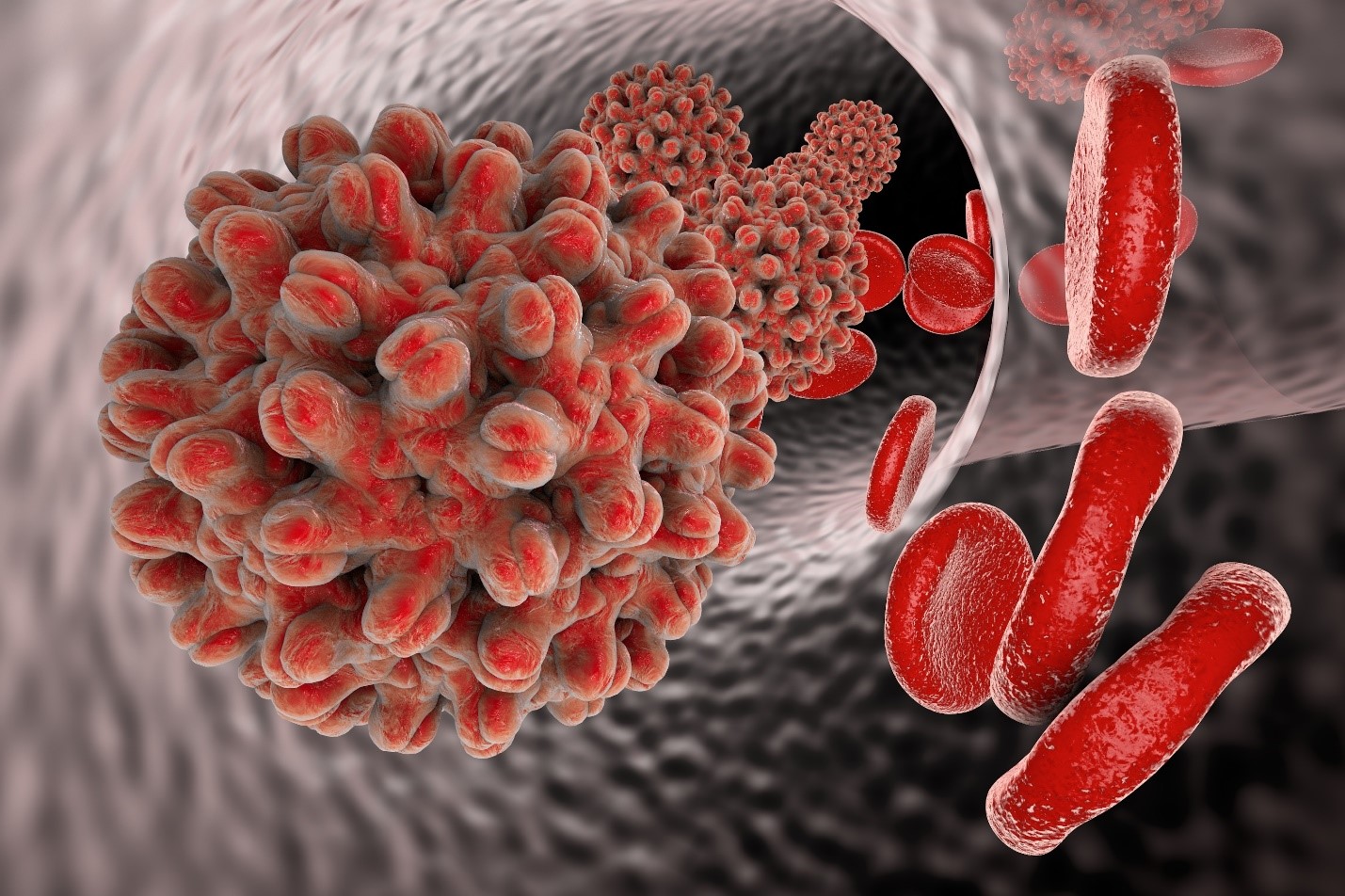Viral infections are caused by microscopic organisms called viruses. These tiny invaders can replicate rapidly within our bodies, leading to a wide range of illnesses. From the common cold to more serious diseases like influenza and COVID-19, viral infections are a constant challenge to global health.
How Viruses Work
Viruses are much smaller than bacteria and lack the ability to reproduce on their own. They invade host cells, hijacking the cell’s machinery to replicate themselves. Once new viruses are produced, they burst out of the cell, infecting neighboring cells and spreading the infection.
Common Viral Infections
- Respiratory Infections:
- Common Cold: Caused by rhinoviruses, it’s characterized by sneezing, runny nose, and sore throat.
- Influenza (Flu): A highly contagious respiratory illness caused by influenza viruses, leading to fever, cough, and body aches.
- COVID-19: A respiratory illness caused by the SARS-CoV-2 virus, leading to a variety of symptoms, including fever, cough, and shortness of breath.
- Gastrointestinal Infections:
- Gastroenteritis: Often caused by norovirus or rotavirus, leading to diarrhea, vomiting, and abdominal cramps.
- Skin Infections:
- Warts: Caused by human papillomavirus (HPV), leading to small, raised growths on the skin.
- Herpes Simplex Virus (HSV): Causes cold sores and genital herpes.
- Other Viral Infections:
- Measles: A highly contagious viral illness that can lead to serious complications.
- Mumps: A viral infection that affects the salivary glands.
- Rubella (German Measles): A mild viral illness that can cause serious birth defects if contracted during pregnancy.
Transmission of Viral Infections
Viruses can spread through various means:
- Respiratory droplets: Inhaled when someone coughs or sneezes.
- Direct contact: Touching contaminated surfaces or infected individuals.
- Fecal-oral route: Ingesting contaminated food or water.
- Sexual contact: Transmitted through sexual activity.
Prevention and Treatment
While there’s no specific cure for most viral infections, several strategies can help prevent and manage them:
- Vaccination: Vaccines are highly effective in preventing many viral diseases.
- Hand hygiene: Washing hands frequently with soap and water can significantly reduce the risk of infection.
- Avoiding close contact: Staying away from sick individuals can help prevent the spread of viruses.
- Disinfecting surfaces: Cleaning frequently touched surfaces can help eliminate viruses.
- Healthy lifestyle: A balanced diet, regular exercise, and adequate sleep can boost the immune system.
For most viral infections, the body’s immune system can effectively fight off the virus. However, in severe cases, antiviral medications may be prescribed to help shorten the duration of illness.
By understanding the nature of viral infections and taking preventive measures, we can significantly reduce the impact of these invisible enemies on our health.

